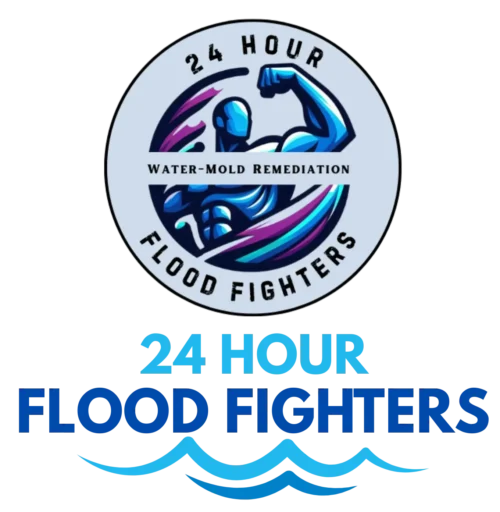Top Causes of Water Damage & How to Prevent Them

Water damage is one of the most common — and costly — issues that property owners face. At 24 Hour Flood Fighters, we understand how quickly water damage can spiral out of control. Whether it’s a sudden pipe burst or a slow leak behind your walls, knowing the causes and how to prevent them can […]
